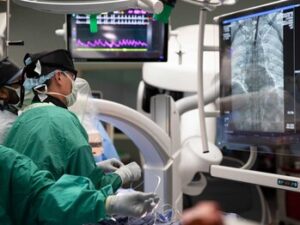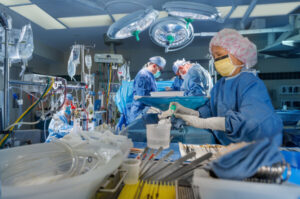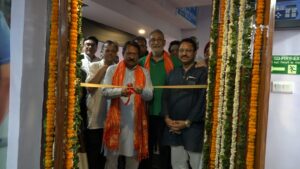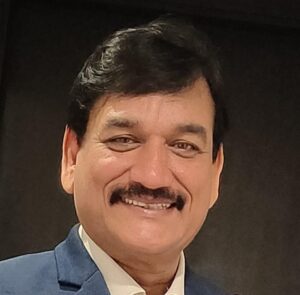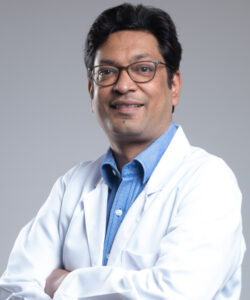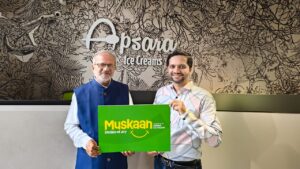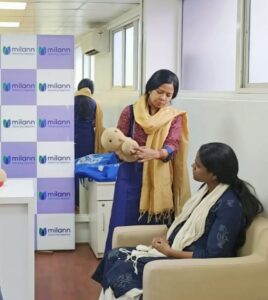European Wellness and Heidelberg University Revolutionize Down Syndrome Research, Moving into Neurodevelopmental and Neurodegenerative Studies

Scientists conducting research in a modern laboratoryImage illustrating researchers collaborating on scientific studies.
A ground-breaking research collaboration between European Wellness Biomedical Group (EWBG), through its subsidiaries European Wellness Academy (EWA) and Baden R&D Laboratories (Baden), and Heidelberg’s Institute of Anatomy and Cell Biology has yielded new insights into the distinct neuroanatomy and neuropsychology of Down syndrome (DS). The studies promise a paradigm shift in developing personalized rehabilitation strategies and care programs.
In a pivotal study published in Frontiers in Neuroscience (doi: 10.1002/brb3.3186), researchers Dr. Osama Hamadelseed, Prof. Dato’ Sri Dr. Mike Chan, Prof. Dato’ Sri Dr. Michelle Wong, and Prof. Dr. Thomas Skutella synthesized data from 84 studies spanning from 1977 to 2022. Their findings challenge the conventional view of DS as a homogenous group, revealing unique neuroanatomic changes linked to language and memory deficits that emphasize the need for tailored care approaches.
“Individualized assessment of neuroanatomical landmarks and cognitive skills is paramount for developing effective intervention strategies,” commented Heidelberg University’s Head of Neuroanatomy, Prof. Dr. Thomas Skutella.
A second study, published in Brain and Behavior (doi: 10.1002/brb3.3186), delved into the link between cognitive capabilities and brain volume variations in DS using MRI and psychological evaluations. The findings underscore the connection between cognitive functions, language skills, and altered brain volumes in DS, offering insights into early intervention and rehabilitation management.
“This insight could drive early intervention strategies and contribute to designing effective rehabilitation management protocol,” stated Dr. Osama Hamadelseed.
These studies represent a significant leap forward in understanding DS and related neurodevelopmental disorders, with the potential to redefine care strategies for individuals with DS, ushering in a new era of personalized support and improved quality of life.
EWBG, globally acclaimed for innovations spanning stem cell therapeutics, immunomodulation, biological regenerative medicine, and more, are working closely with Heidelberg University, Germany’s oldest university and a bastion of scientific research in Europe, on various joint research projects, including on autism, global developmental delay, and neurodegenerative disorders.
EWBG chairman and scientist, Prof. Dato’ Sri Dr. Mike Chan, a Senator of the German Federal Association for Economic Development and Foreign Trade (BWA), has reaffirmed his continuous commitment to creating sustainable growth through strategic international collaborations in bio-regenerative medicine.

